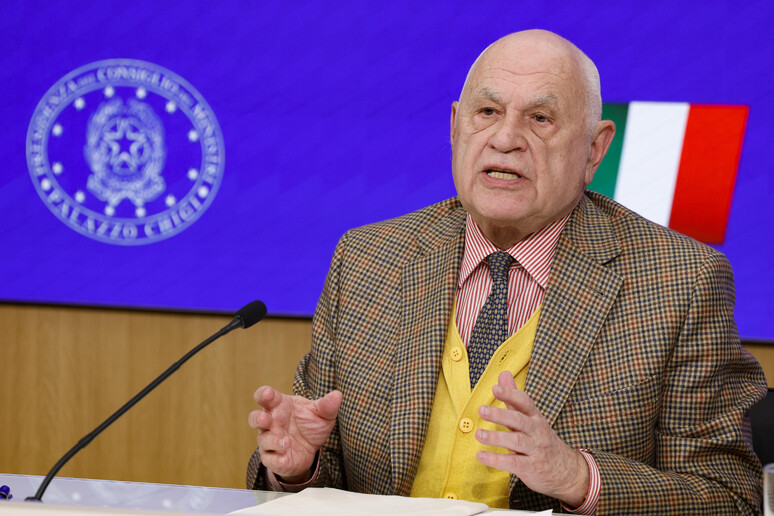The government will present a reform
bill introducing separate career paths for prosecutors and
judges so members of the judiciary can no longer switch between
the two roles in April or May, Justice Minister Carlo Nordio
said during a question time in the Lower House.
"The separation of the careers of magistrates is in the
government's programme and (the bill) will be presented by the
end of April, May at the latest," said Nordio.
"It will be consubstantial with the reform of the CSM (the
judiciary's self-governing body, ed.) for obvious reasons that a
separation of careers entails, hence two separate CSMs,"
continued Nordio.
"In order to enact a radical reform it is necessary to change
the Constitution, and the process will therefore obviously be
longer and will intersect with the reform of the premiership, so
it will take a certain amount of time," he added.
In addition to its justice reform, the government is also trying
to introduce the direct election of the premier by the Italian
people, another move that requires changing the Constitution.
Under the current election system, parties engage in
government-formation talks after a general election and then the
coalition that forms a ruling majority in parliament agrees on a
figure to propose to the President of the Republic to become
premier.
That figure is not necessarily one of the politicians given by
the parties as their premier candidate during the election
campaign.
In order to pass, constitutional reform bills must be approved
by both houses of parliament in two separate readings at a
distance of at least three months with an absolute majority on
the second reading.
They can then be put to a popular referendum on the request of
one fifth of the members of one chamber of parliament, 500,000
citizens or five regional councils.
If the reform bill is approved by at least a two-thirds majority
of each chamber on the second reading it is not put to a
referendum.
ALL RIGHTS RESERVED © Copyright ANSA











